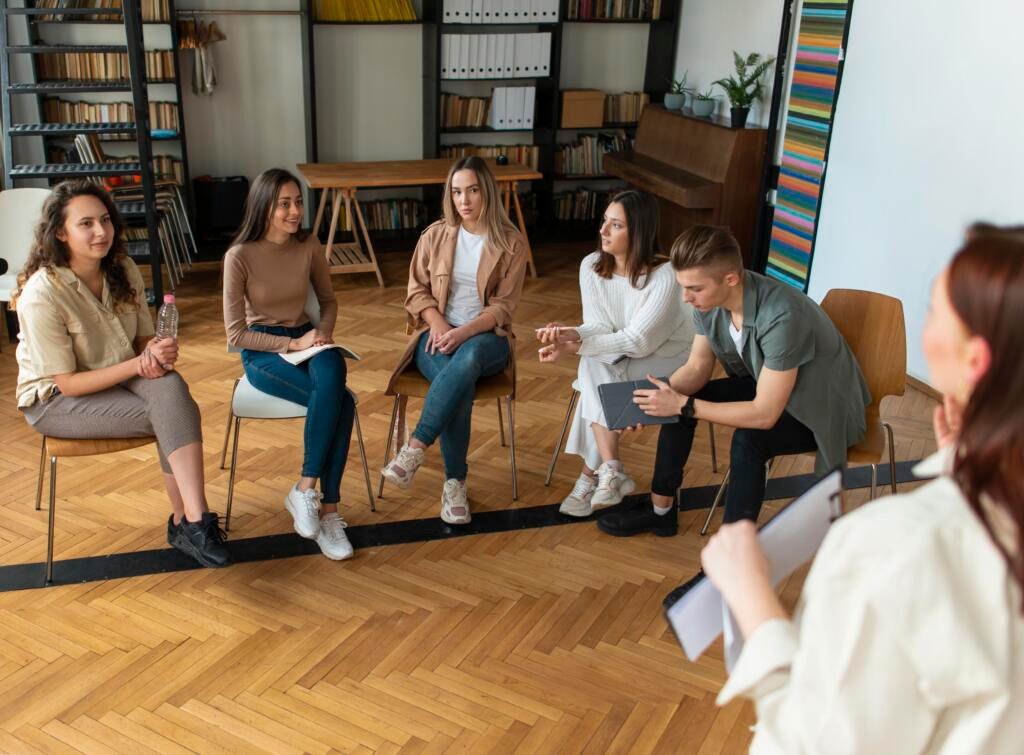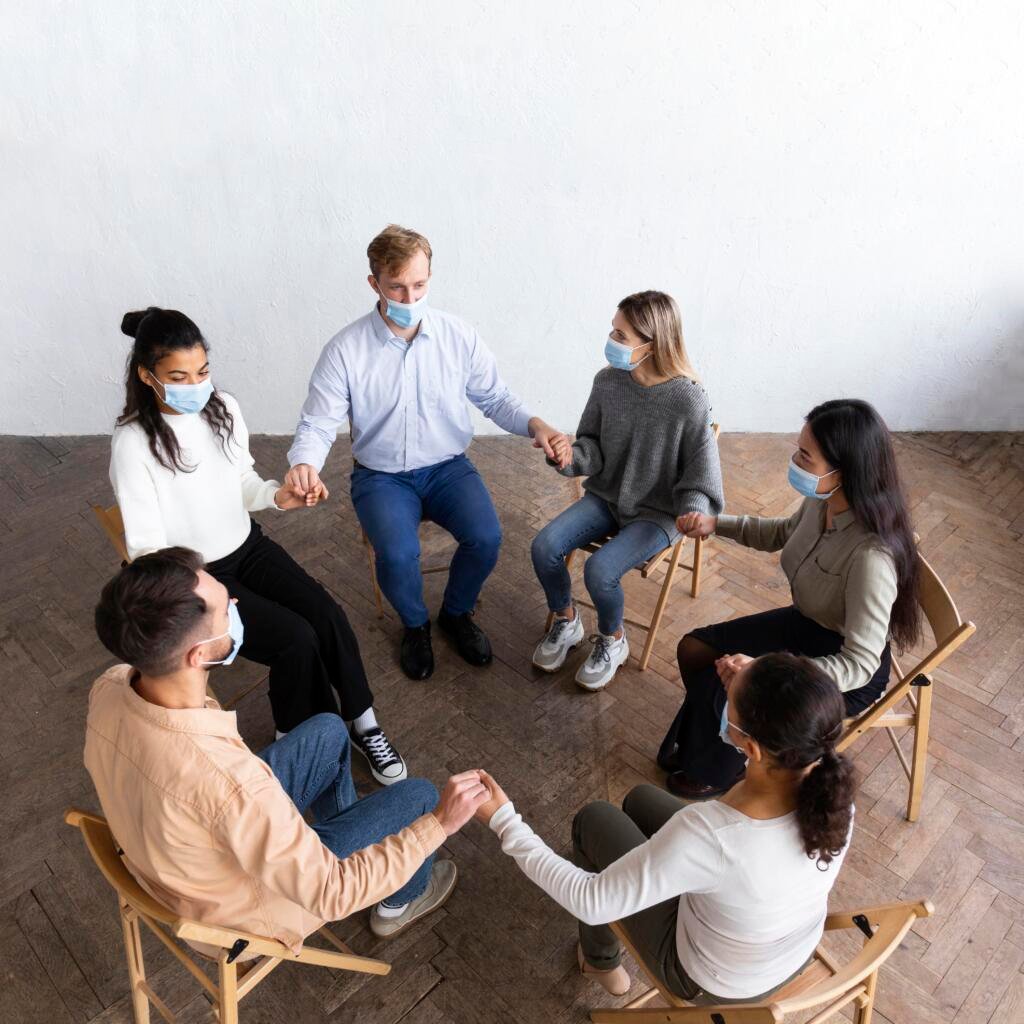Group therapy is a transformative approach to healing, offering individuals a unique space to share experiences, gain insights, and foster resilience. At the core of this process lies peer support, a powerful tool that enhances emotional well-being, motivation, and recovery outcomes. Whether managing chronic pain, stress, or physical rehabilitation, the presence of a supportive community plays a vital role in the healing journey.
A Sense of Belonging and Shared Understanding
One of the most profound benefits of group therapy is the realization that you are not alone. Connecting with individuals facing similar challenges fosters a sense of belonging, reducing feelings of isolation and self-doubt.


Emotional and Psychological Support
Peers provide encouragement, empathy, and validation, helping each member build emotional resilience. Expressing thoughts and emotions in a safe, non-judgmental space significantly reduces anxiety and enhances overall mental health.
Motivation and Accountability
Seeing others make progress can be highly motivating. Peer support creates a sense of accountability, encouraging individuals to stay committed to their therapy and rehabilitation goals.
“Experience the transformative power of peer support in group therapy—fostering healing, resilience, and a sense of belonging on your recovery journey.”
Learning Through Shared Experiences
Group therapy enables participants to exchange coping strategies, techniques, and insights that have worked for them. This collective knowledge empowers individuals to explore new ways to manage stress, pain, and physical challenges effectively.
Boosting Confidence and Self-Esteem
As individuals share their progress and witness personal growth within the group, their confidence and self-esteem improve. Peer encouragement helps members recognize their strengths and celebrate their achievements.

Enhancing Communication and Social Skills
Engaging in group discussions enhances communication and interpersonal skills, which are essential for personal and professional relationships. The ability to express oneself effectively contributes to overall emotional well-being.
Long-Term Support and Connection
Many group therapy participants form lasting friendships and support networks beyond the sessions. These connections provide ongoing encouragement, ensuring that individuals continue to thrive even after formal therapy concludes.


